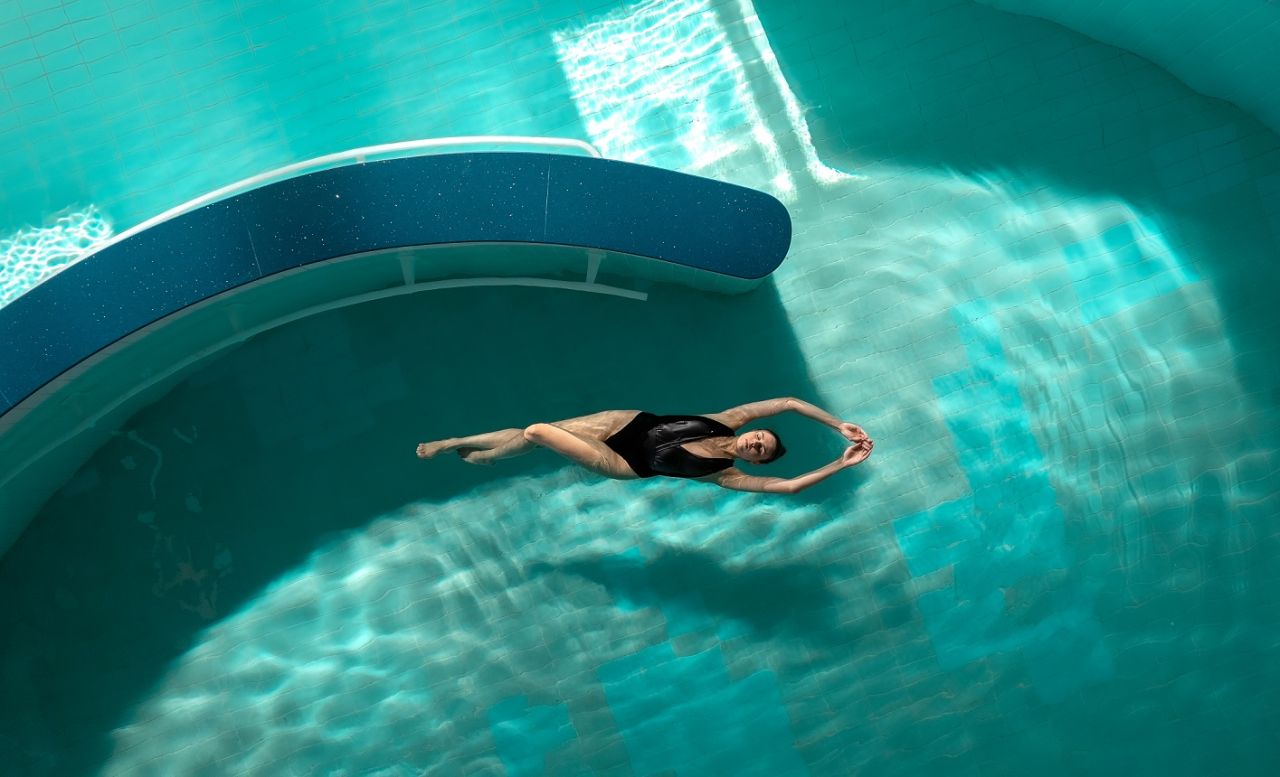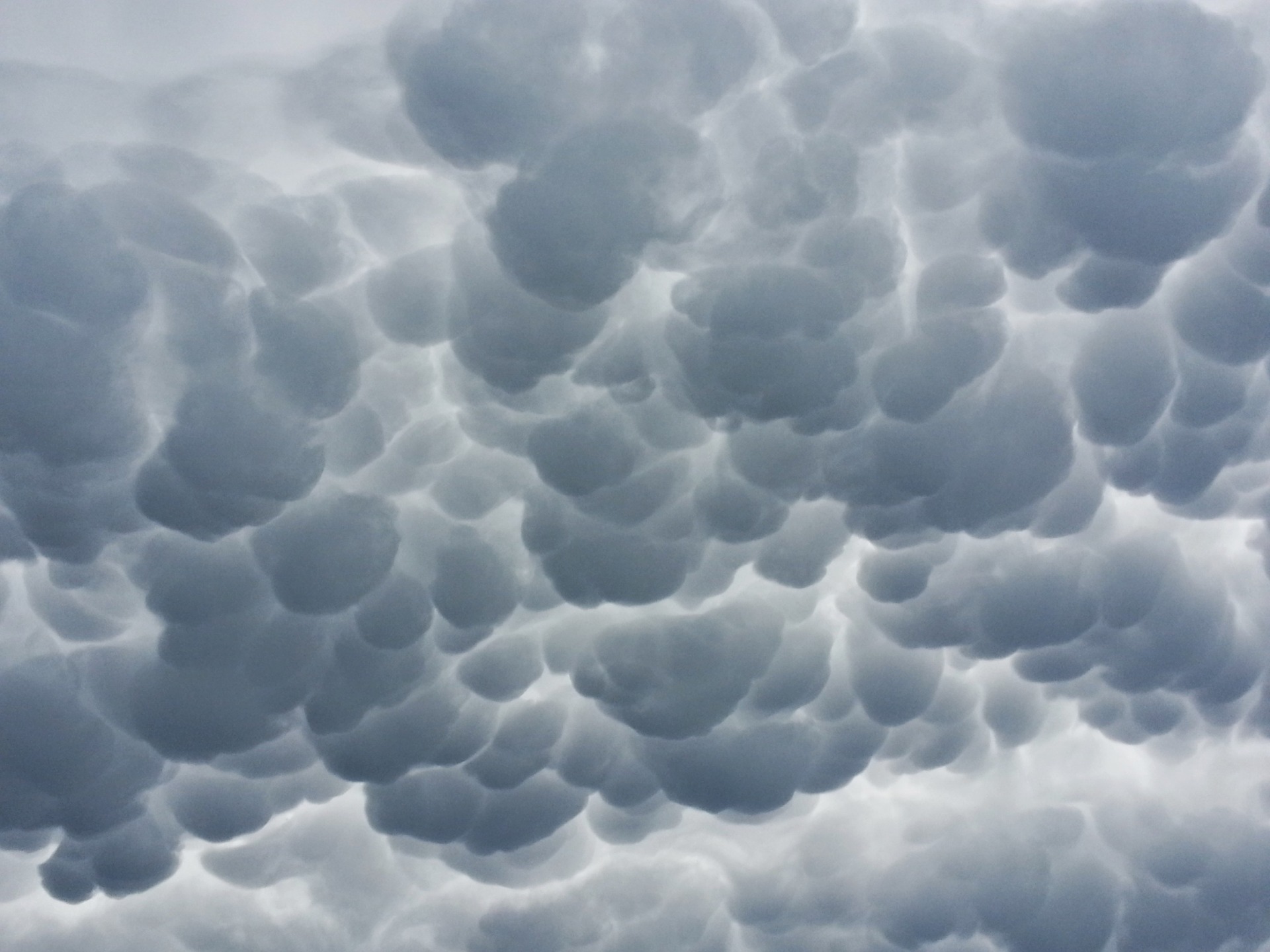Greece’s Natural Wellness Wealth: From Sea Water to Thermal Springs

Exploring the healing landscapes and ancient wisdom that shape Greece's potential as a top wellness destination.
From Sea Water to Thermal Springs – and the Challenge of Hotels' Spas
Greece,
with its rich natural landscapes and deep-rooted wellness traditions,
holds all the ingredients to become a leading destination in global
wellness tourism. From thalassotherapy and thermal springs to modern spa
facilities, the country offers an exceptional variety of wellness
experiences. Yet, this immense potential often remains underutilized,
primarily due to the misinterpretation of the term "SPA"—frequently
reduced to basic massage services lacking depth, authenticity or
identity.Greece: Ancient Wisdom, Modern Wellness—In Perfect Balance
Wellness
tourism is a growing sector that attracts travelers seeking physical
and mental rejuvenation through natural, authentic and holistic
experiences. Greece offers a unique combination of elements that align
perfectly with this trend:
Natural thermal springs with proven therapeutic benefits (e.g., Kamena Vourla, Aidipsos, Loutra Pozar)
Thalassotherapy that harnesses the healing power of the sea
A tranquil natural environment ideal for yoga, meditation and outdoor wellness
The Mediterranean diet, globally recognized for its health benefits
A spiritual-cultural heritage that spans from the ancient Asclepian healing sanctuaries to modern holistic practicesThermal Springs: The Untapped Wealth Beneath Our Feet
With
more than 750 natural thermal springs—many with certified healing
benefits—Greece is a hidden treasure trove of hydrotherapy potential.
These springs, scattered from Northern Greece to the Peloponnese, are
either organized into functional wellness centers or remain
underdeveloped and neglected.
The benefits of thermal baths include:
Relief from rheumatic, muscular and dermatological conditions
Enhanced blood circulation and detoxification
Mental relaxation through the calming synergy of nature and water
However,
modernizing facilities and repositioning thermal tourism to appeal to a
wider audience—beyond the outdated image of elderly-focused retreats—is
essential for progress.Thalassotherapy: The Sea as Natural Medicine
With
a coastline exceeding 13,000 kilometers, Greece is an ideal setting for
thalassotherapy. This treatment modality uses seawater, marine elements
like algae or mud and the sea air to detoxify the body, rejuvenate the
skin and restore mental balance.
Despite being
well-established in countries like France and Italy, thalassotherapy
remains underdeveloped in Greece. While some hotels offer it, it is
often framed as a beauty treatment rather than a structured, therapeutic
wellness experience.
Coming next: Why
hotel spas in Greece are missing the mark—and what it will take to
redefine wellness hospitality for a new generation of travelers.
